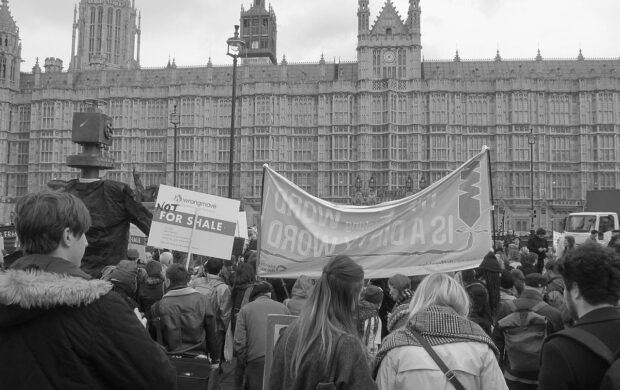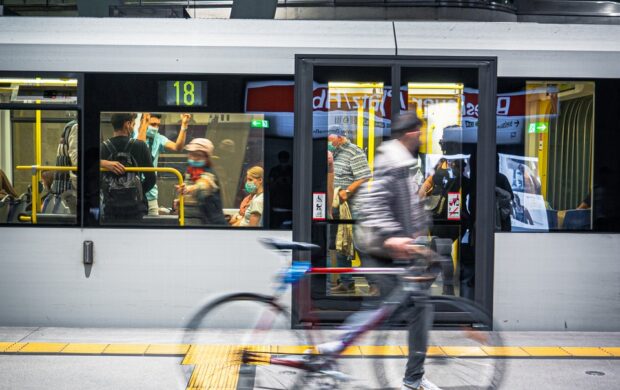
British Channel 4’s digital channel E4 has announced that it will suspend its regular schedule from 7am to 7pm on 7th May, the UK General Election day, in order to encourage its viewers to go and vote rather than watching television.
The shut-down is believed to be the first time a UK television channel has switched off in order to encourage people to vote. Dan Brooke, Channel 4’s Chief Marketing and Communications Officer explained the motivation behind the move: “Less than half of under-25s voted at the last election so we’ve engaged the most powerful weapon that we have at our disposal to try and boost that number – switching off their favourite TV channel for the day!” E4 is the number one digital channel for 16-34 year old viewers in the UK, attracting 5.2% of viewers in the age range 2015. Channel 4 has also launched other initiatives to encourage young voters, including an online campaign, a free SMS messages reminder to vote service and the broadcasting of the first Youth Leaders’ Debate online on 28th April.
Since 1950 the UK has seen a decline in voting turnout from 83.9% to 65.1% in 2010, and the decrease has been sharpest in the 18-24 years category. In 2010, only 44% 18-24 year-olds voted in the general election, far behind the national electoral average of 66%. Research by YouGov for British Future has estimated that of the 3.3 million eligible first-time voters in the upcoming general election, more than two million will not vote.
The reasons behind the low turnout for young people are varied. The Office for National Statistics reports that 31% of surveyed 16-24 year-olds are fairly or very interested in the politics, compared with approximately 50% of those aged 55 and over. Demos have done research showing that young people are declining to vote not due to apathy but because of disillusionment with politicians and political parties. Moreover, the high-profile issues being represented in political campaigns may not reflect young voters’ concerns. For example, youths are generally more concerned about online privacy and the rich-poor divide than welfare, immigration, the EU or crime.
Image credit: Shaun / Flickr













